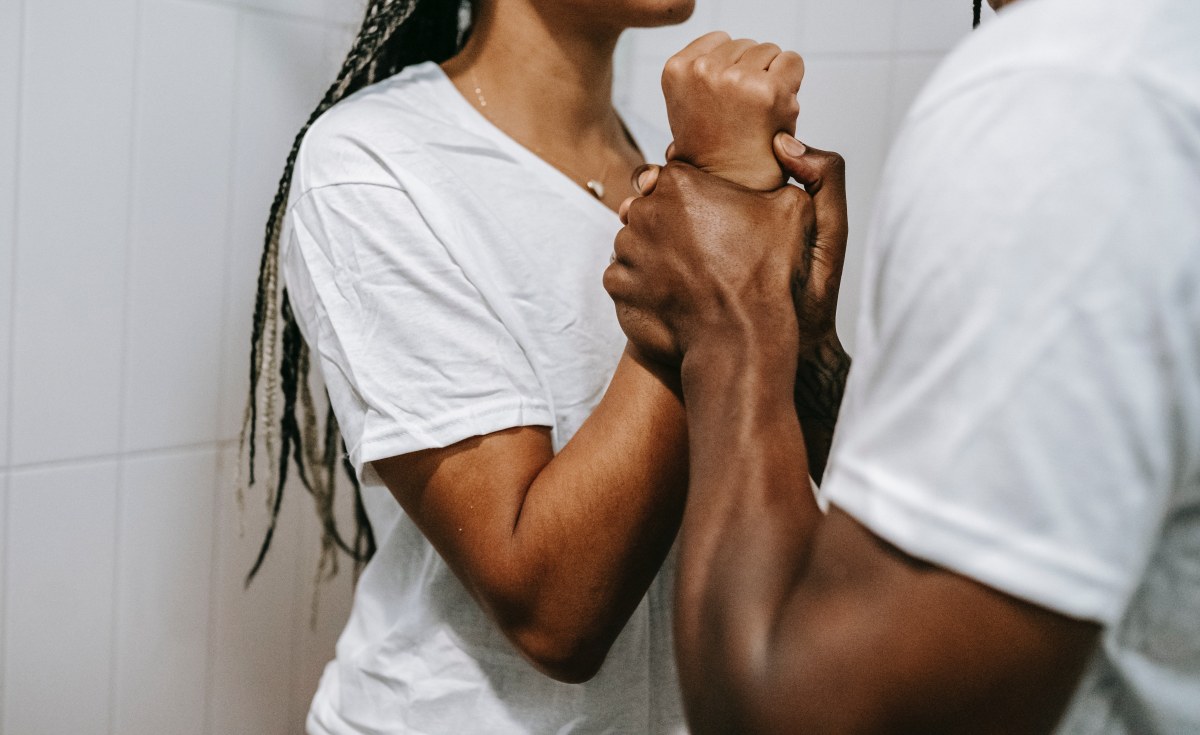By Praise Dlakama
United Nations Women Africa reports that, globally, an estimated 736 million women—almost one in three—have been subjected to physical and/or sexual intimate partner violence, non-partner sexual violence, or both at least once in their life (30 per cent of women aged 15 and older). This figure does not include sexual harassment.
The rates of depression, anxiety disorders, unplanned pregnancies, sexually transmitted infections, and HIV are higher in women who have experienced violence compared to women who have not, as well as many other health problems that can last after the violence has ended.
Children are also not spared. In 2015, the global community committed to ending all forms of violence against children through the adoption of the Sustainable Development Goals. The SDGs include Target 16.2, which aims to, by 2030, “End abuse, exploitation, trafficking and all forms of violence against and torture of children. UNICEF was appointed custodian agency.
The main perpetrators of sexual violence are men and an estimated 91% of victims of rape & sexual assault are female and 9% male. Nearly 99% of perpetrators are male. Research suggests that their use of violence is often a learned behavior, rooted in societal norms and masculinity expectations. For decades, efforts to prevent violence against women and children have primarily focused on empowering victims and survivors. While this work is vital, it’s equally crucial to address the root causes of these issues and engage boys and men in the solution.
As an expert in sports for health programming who has worked with adolescent boys as a volunteer mentor (SKILLZ Coach) at Grassroot Soccer, I know firsthand that when boys and men come together to discuss gender equality, positive masculinity, violence prevention, and mental health, the results are powerful. To truly end gender violence, we must promote more programs that actively help men and boys become part of the solution, particularly focusing on their mindset.
There are a few organisations whose work has already made a difference. Grassroot Soccer (GRS) and No Means No Worldwide (NMNW) have launched collaborative programs to address the issue in Zimbabwe. NMNW and GRS’s SKILLZ No Means No teaches adolescent boys positive masculinity principles, empowering them to become active allies in preventing violence and abuse. By combining mental health education with positive masculinity training, these programs address the root causes of abuse.
Research conducted among SKILLZ No Means No program participants highlighted cultural norms as a significant barrier to gender equality. Boys and men often view women as inferior, perpetuating harmful stereotypes.
The SKILLZ No Means No program demonstrated effectiveness, with a 100% graduation rate of 909 boys in 2022, which is largely attributed to the play-based learning. Participants learned vital skills, including bystander intervention, gender equality, consent, and emotion management.
Moreover, substance abuse among boys poses a significant challenge. Peer pressure, social media, high school dropout rates, and economic struggles within families fuel this issue. Boys often experiment with substances, imitating harmful behaviours portrayed in the media without understanding the consequences. As a near-peer mentor, it is crucial for such programs to reach more boys, as they often lack the necessary knowledge and education. The SKILLZ No Means No curriculum has shown promising results by addressing these issues. Through soccer activities that are fun and engaging, boys develop essential life skills and understand healthy gender roles, the impact of their actions on themselves and their community.
Notably, the added content on HIV/STIs proved valuable. Boys are vulnerable to sexual abuse and exploitation, increasing their risk of contracting sexually transmitted diseases. Instructors/Coaches emphasised teaching safe sex practices alongside abstinence, as young boys often experiment sexually without understanding the risks.
Youth focus groups conducted after the pilot program revealed that boys found topics like the cycle of force, rape, and gender equality particularly relevant. Notably, participants demonstrated a change in perspectives and behaviours around violence, peer pressure, and gender equality.
Combining the program with GRS’s innovative MindSKILLZ curriculum creates a comprehensive approach for adolescent boys. MindSKILLZ promotes positive mental health and well-being among adolescents, recognising that positive mental health is essential for healthy relationships and decision-making. This is crucial for adolescent boys to control their anger and consider the consequences before choosing to become violent or walk away from potentially violent situations.
Moreover, a recently published briefing note by UNFPA and its partner, the MenEngage Alliance, untangles some of the thorny issues regarding the participation of men and boys in ending violence against women. The issue is complicated, because men and boys may be perpetrators, victims, witnesses and agents of change. However, what is key is that educating adolescent boys is a powerful tool for shaping a better future for both boys and girls. Boys should be the agents of change and need all the support through programs that engage them.
By promoting positive mental health and engaging boys and men in the conversation, we can challenge toxic masculinity, promote positive masculinity, educate on gender equality, empower allies in prevention and reduce gender-based violence.
It’s time to shift our focus from solely empowering victims to addressing the root causes of abuse. By involving boys and men in the solution and prioritising mental health, we can create a safer, more equitable society for all.

